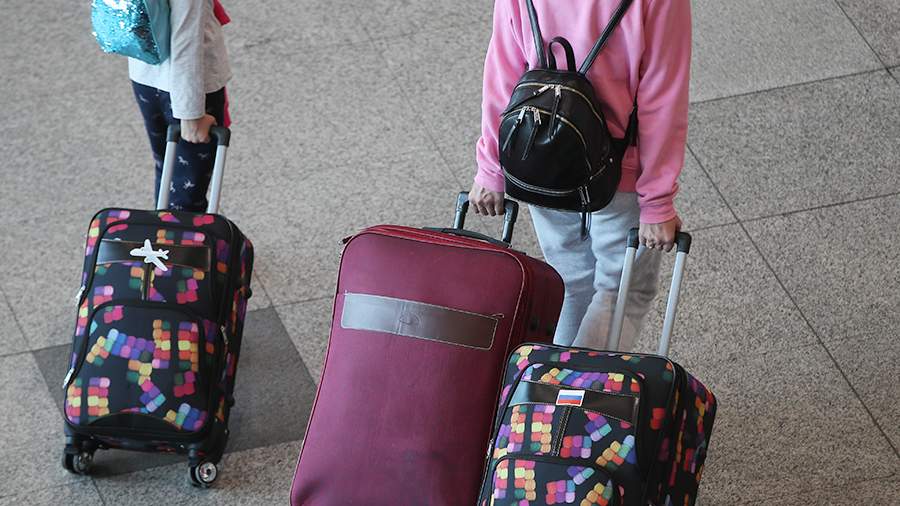Expert gives tips on how to plan a trip without spending too much

When a vacation or business trip is planned, everyone wants to avoid unpleasant surprises, especially those related to financial costs. Expenses that are easy to forget about can arise at any moment and significantly exceed the budget. SberStrakhovanie Project Director Elena Kosheleva told Izvestia on December 2 how to prepare for a trip to minimize the risks of unexpected expenses.
According to her, it is necessary to start with budget planning.
"Calculate the main expenses: accommodation, transportation, food, excursions and small purchases such as souvenirs or household trifles. Include a small reserve for unexpected expenses. Also check for possible local fees and taxes. For example, some countries charge a tourist fee for hotel stays, which may not be included in the original price. Study these rules in advance to avoid unexpected expenses," the expert advised.
In addition, she recommended to learn the rules for importing goods and products. In many countries there are restrictions on importing certain goods - from food to medicines or cosmetics, Kosheleva said. For example, in Australia, it is forbidden to import fresh fruits, vegetables and seeds because of strict biological safety controls. European countries have restrictions on the amount of alcohol and tobacco that can be smuggled.
"Breaking such rules can not only cost you a fine, but also the extra cost of replacing items that will be seized at the border. Make sure that your luggage meets local requirements," Kosheleva emphasized.
You should also think about payment methods in advance, find out where it is better to use cash and where to use bank cards to avoid high commissions. When exchanging currency, you should choose banks with a more favorable rate.
"Check the rules for using public transportation. Many countries and cities have special offers for tourists. For example, free travel on certain days or tourist cards with unlimited trips at a favorable price. This will help to significantly reduce the cost of traveling," Kosheleva said.
In addition, it is worth downloading local maps and useful apps in advance, including those for finding free events. This will help you orient yourself in the city even without a signal. According to the expert, if you still need the Internet, instead of cafes, you can conveniently use the space of libraries or co-working spaces: they often offer Wi-Fi and areas for rest.
"And in order not to depend on Wi-Fi, study the options for using mobile communication in the country where you are traveling. In many countries, it's easy to get a local SIM card, which will provide internet access at reasonable prices. However, some places may have restrictions, and instead of a SIM card, temporary tariffs or renting a portable router may be suitable," explained SberStrakhovanie's Project Director.
It is also necessary to have a plan in case of unforeseen situations. An insurance policy will help to protect yourself.
"For entry into some countries it is mandatory, but you should not neglect it when traveling to countries that do not require it. It will help protect yourself against possible incidents, such as sudden illness or injury while traveling. The policy allows you to cover expenses in different situations: it reimburses money for medical services, as well as unexpected expenses in case of delayed baggage or flight delays. Choose the options that match your plans, especially if active types of vacations are expected," advised Kosheleva.
Earlier, on November 18, it was reported that the demand for vacations abroad this fall increased by 38% compared to last year. Especially increased the popularity of countries of Asia and the near abroad. This follows from the data of the service of online booking of hotels and apartments "Ostrovok".
Переведено сервисом «Яндекс Переводчик»
